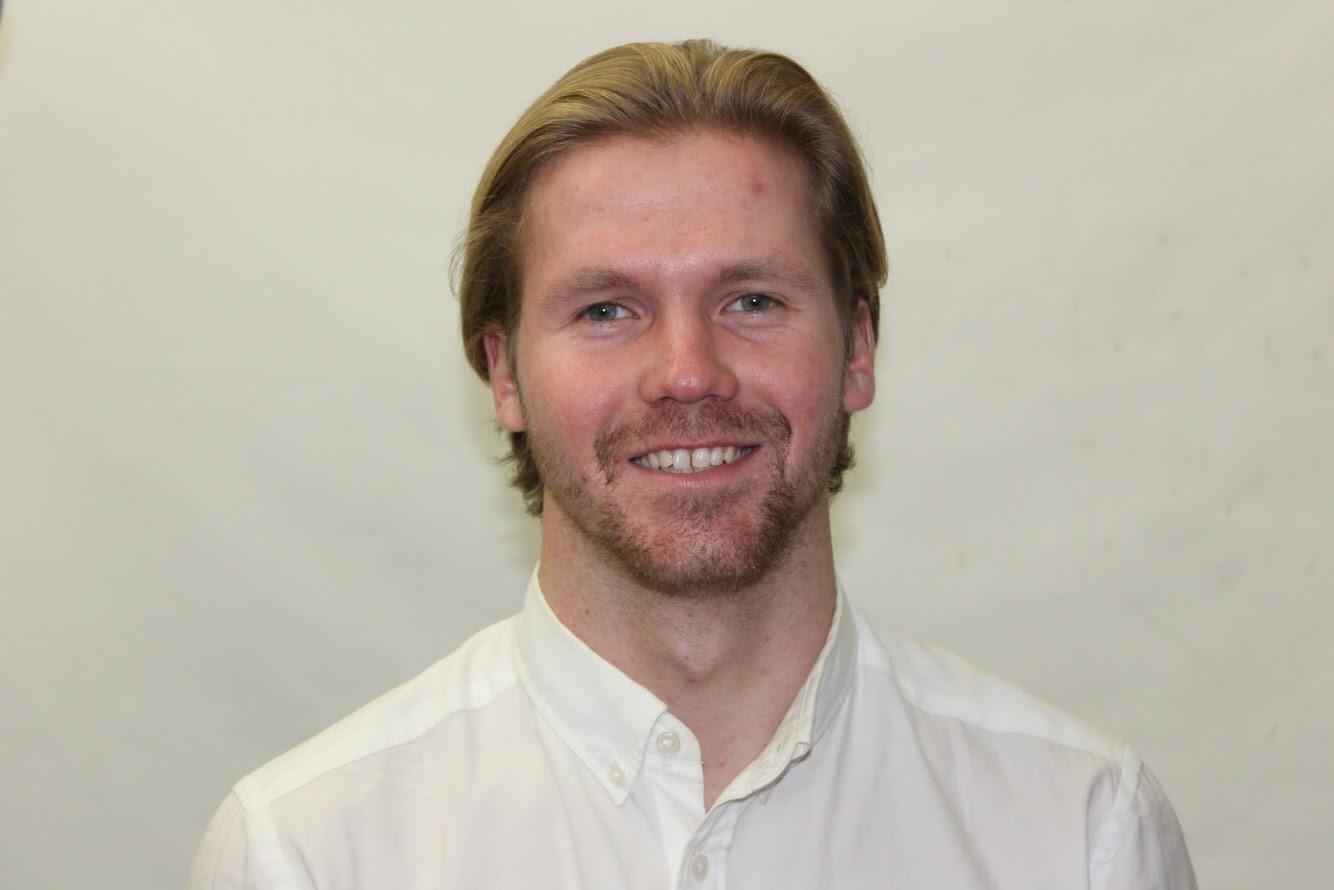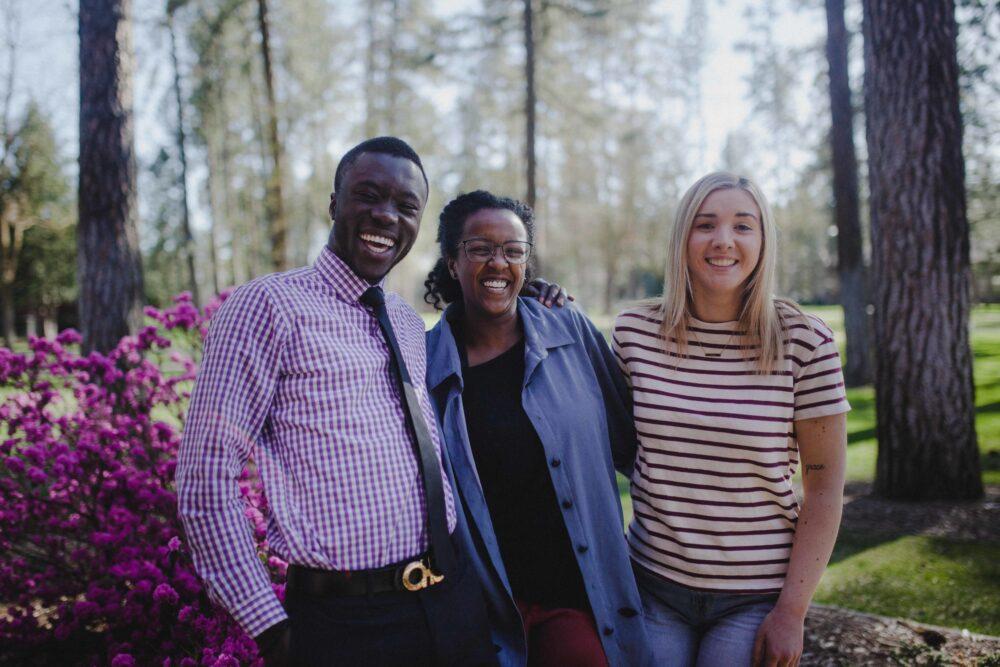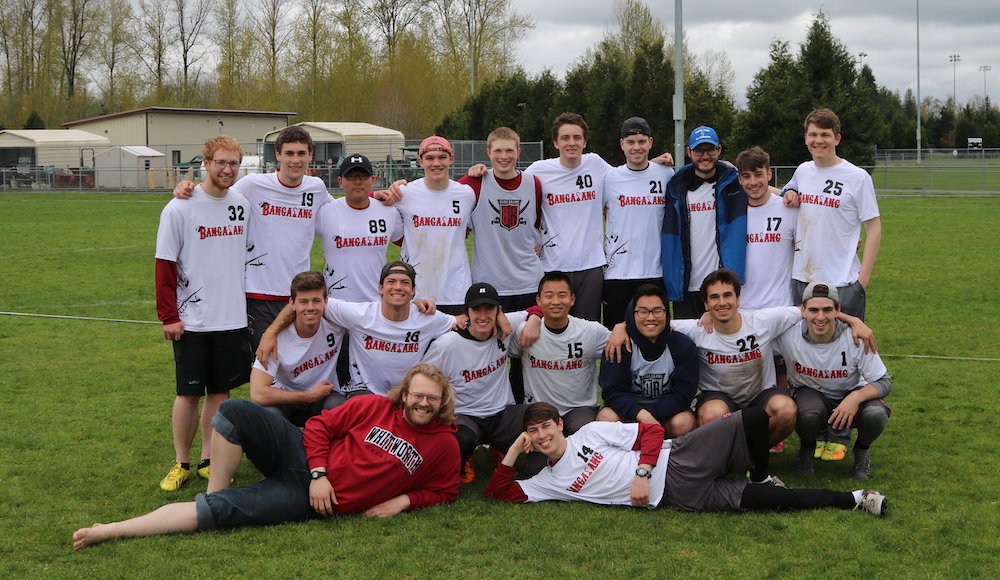
“Behavior is learned from the environment through the process of observational learning.” Albert Bandura, a personality psychologist known for his social learning theory, addresses behavior in relation to the environment. Specifically, he believes that we make decisions in shaping our behavior based on the model set by those around us. For example, our inhibitions would tell us that, during a dance party, if everyone else is dancing like fools, we can and should too.
This is a form of behavioral disinhibition because our constraints have been weakened by observing the behavior of those around us. In Bandura’s social learning theory, also referred to as modeling theory, everyone is a model. If you choose to follow the behavior of another person then you are following along in the steps of what Bandura refers to as the observational learning process.
First, we are attentive to what our model/models are doing and we observe their behavior. Second, we retain what we just saw for the goal of imitating it. Third, if we decide to follow through on the behavior, we produce a behavior similar to the one we have observed and retained. Finally, since we perceived our model achieving some sort of reward for their behavior, if we imitate it, we believe we will receive the same or similar reward.
As students of Whitworth, it is not foreign knowledge that there is a norm for the “stereotypical Whitworth student.” Chacos, flannels, “beloved” tattoos, coffee in mugs, one-on-one conversations, frisbees, hammocks, Christian; these are just a few of the items that are key to being the ultimate Whitworth student. So what if you don’t fit in? What if you hate coffee, can’t throw a frisbee to save your life, prefer social gatherings over intimate conversations, and prefer close-toed shoes over freeing your toes? Have you done it wrong? Is there something missing?
Let me be the first to tell you NO. It is of my opinion that many of us have fallen into the swing of Bandura’s modeling theory. When we come to campus, many of us students seek to figure out who we are becoming. We want to make friends, have fun and be successful, but we also want to fit in. Outside of fitting in as a Whitworth pirate through our classes, residence halls and sports, seeking out other upperclassmen as models of behavior can be very influential in determining much of our overall behavior for the next four years.
I believe that the environment we are placed in takes a toll on how we act, dress and believe. The “Whitworth stereotype” is a product of Bandura’s modeling theory. Ask yourself, if I was not at this school, would I be dressed the way I am? Would I be pursuing my faith the way I am currently? Would my interests and hobbies be the same?
If you think you fit the stereotype or if you have been told you do, you are a product of your environment. This is neither bad, nor good; it just is. If you do not believe you fit the stereotype, you have not done anything wrong either.
I believe Bandura would argue that you just have chosen to pick a different model. Maybe your models are those on your sports team, maybe your models are your parents or friends from high school? Everyone has a model whether they know it or not and everyone allows their environment to influence some aspect of their behavior.
I don’t believe that there is anything wrong with which model you choose to pursue or have been shaped by; I simply want to challenge the student body to look at the “stereotypical Whitworth student” from a psychology perspective in hopes of eliminating any possible shame in not being in that group.
Contact Ein Huie at dhuie19@my.whitworth.edu







